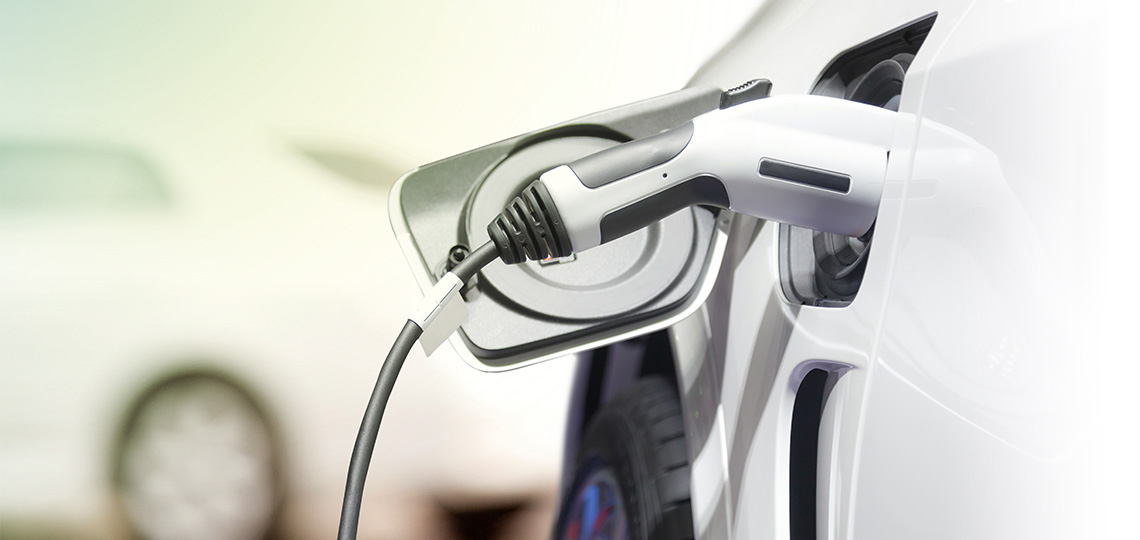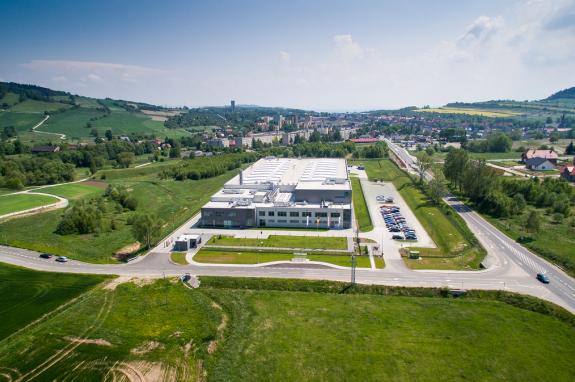
Clean mobility innovation
The clean mobility trend, toward zero well-to-wheel emission standards, points to a combination of electric and hybrid vehicles, fuel cells vehicles and carbon neutrally fueled internal combustion engines.
Umicore has a unique position in clean mobility materials across all drive-train technologies. It is one of three global leaders in emission control catalysts for internal combustion engines, a leading supplier of materials for rechargeable batteries used in electric vehicles and catalysts for fuel cell applications.
Recent legislation will require gasoline vehicles to be equipped with particulate filters. Our work focuses on improved catalyst technologies for gasoline and diesel vehicles and for fuel cells to meet these increasingly stringent regulations. For gasoline particulate filters (GPF), Umicore is optimizing the distribution of the catalytic material in the pores of the filter so that an optimal balance of backpressure, filtration efficiency and chemical reactivity is obtained. Using x-ray tomography on automotive exhaust through a catalyst, in combination with flow simulations on the resulting data, Umicore R&D developed targeted optimization of the catalyst distribution to improve the coating of next generation GPFs. This work was performed in collaboration with Polytechnique Montreal and the Fraunhofer institute IWTM in Kaiserslautern.
Umicore’s battery materials innovation pipeline spans the next 20 years driving energy density in today’s and tomorrow’s Li-Ion and solid state batteries.
Our competencies and expertise in materials science and deep understanding of battery applications form a sound basis for this materials research and development. These new developments entail both cathode and anode materials. To enable advanced Li- ion technologies we are developing silicon composite anode material. In combination with high nickel cathode materials, this will allow for high volumetric energy densities, long cycle life and fast charging. Looking further in the future of battery technologies, solid-state batteries that no longer use liquid electrolytes offer great prospects for increasing energy density and safety. Umicore R&D is developing next generation active cathode materials tuned for different solid electrolyte chemistries.
Hydrogen is a promising future clean fuel which is converted into clean electricity by fuel cells.
Umicore‘s Proton Exchange Membrane fuel cell catalysts use hydrogen in stationary and mobility applications on the path to zero emissions. Our fuel cell catalyst portfolio covers all relevant technologies for both anode and cathode electrode applications. Working with platinum and platinum alloy on carbon catalysts as well as special protective additives, Umicore R&D improves the robustness of the fuel cell under critical operating conditions to achieve performance requirements in vehicle applications.

